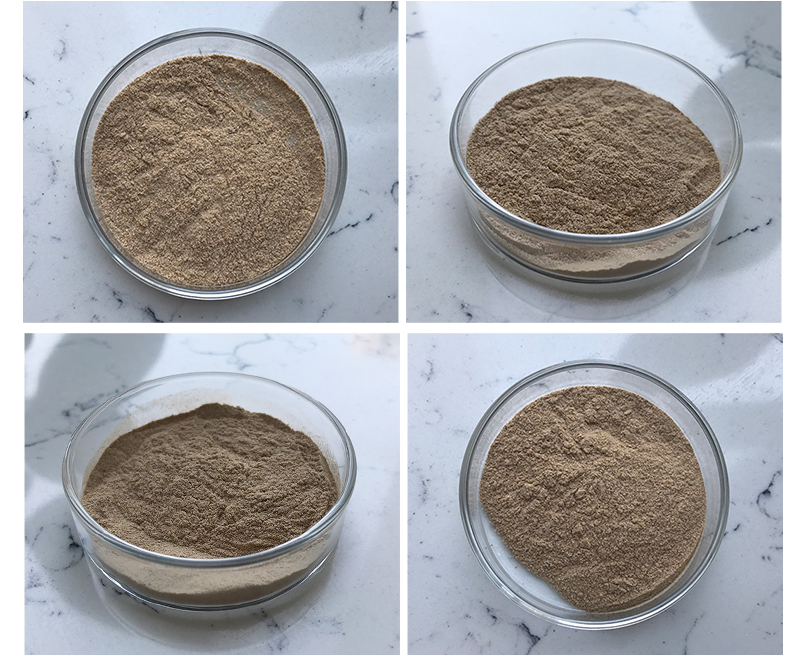Bacillus megaterium is a large, rod-shaped, gram-positive bacterium known for its diverse characteristics. Here are some key cultural characteristics:
- Morphology: It typically appears as large, straight rods that can form chains. It may exhibit a spore-forming capability, producing endospores that contribute to its resilience.
- Colony Appearance: On solid media, colonies are usually large, opaque, and may have a rough or irregular surface. They can vary in color from white to creamy yellow.
- Growth Conditions: Bacillus megaterium is facultatively anaerobic, meaning it can grow in both the presence and absence of oxygen. It grows best at temperatures between 30°C and 37°C and has a pH range of around 6.0 to 8.0.
- Nutritional Requirements: This bacterium can utilize a wide variety of organic compounds as carbon sources. It can grow on simple media with basic nutrients, but it often thrives in rich media.

- Metabolic Activity: Bacillus megaterium is known for its ability to produce a variety of enzymes, making it useful in industrial applications, such as enzyme production and biodegradation.
- Spore Formation: It can form endospores, which allow it to survive in harsh conditions, such as extreme temperatures and desiccation.
These characteristics make Bacillus megaterium a valuable organism in research and industrial microbiology.
Main Value of Bacillus Megaterium
Bacillus megaterium is a versatile bacterium known for several important applications:
- Biotechnology: It is used in the production of enzymes, proteins, and bioactive compounds. Its ability to secrete large amounts of proteins makes it valuable for industrial biotechnology.
- Agriculture: Bacillus megaterium can enhance soil fertility and plant growth by promoting nutrient availability, suppressing pathogens, and improving soil structure. It’s often used in biofertilizers.
- Bioremediation: This bacterium can help in the degradation of environmental pollutants, making it useful for cleaning up contaminated soils and water.

- Food Industry: It is sometimes employed in fermentation processes and can produce various metabolites beneficial for food production.
- Research: Bacillus megaterium serves as a model organism in microbiology and genetic engineering studies due to its relatively large genome and ease of manipulation.
Overall, its adaptability and beneficial properties make Bacillus megaterium a valuable organism in various fields.
